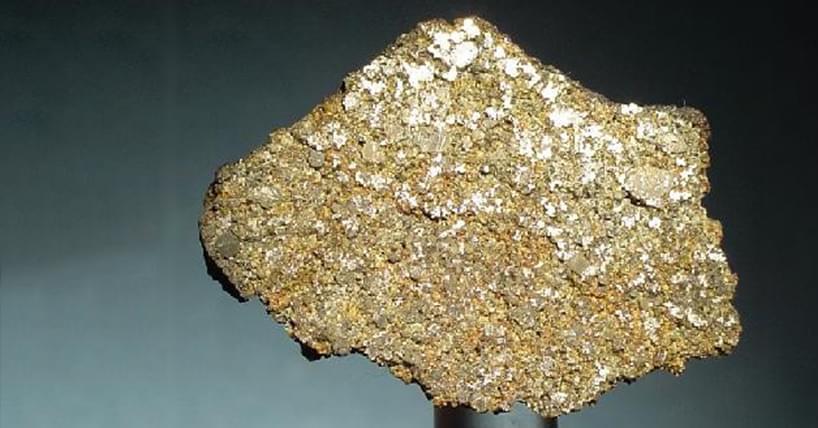University of Cambridge, working with colleagues from Austria, found a new way to make a possible replacement for rare-earth magnets: tetrataenite, a ‘cosmic magnet’ that takes millions of years to develop naturally in meteorites.
Previous attempts to make tetrataenite in the laboratory have relied on impractical, extreme methods. But the addition of a common element — phosphorus — could mean that it’s possible to make tetrataenite artificially and at scale, without any specialised treatment or expensive techniques.
The results are reported in the journal Advanced Science. A patent application on the technology has been filed by Cambridge Enterprise, the University’s commercialisation arm, and the Austrian Academy of Sciences.
Researchers have discovered a potential new method for making the high-performance magnets used in wind turbines and electric cars without the need for rare earth elements, which are almost exclusively sourced in China.
